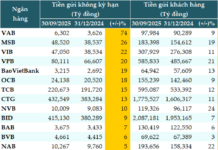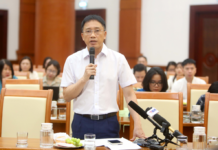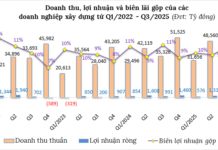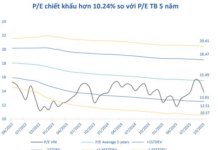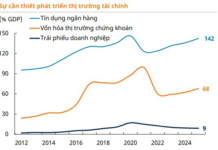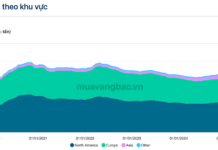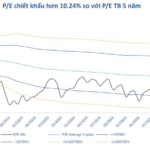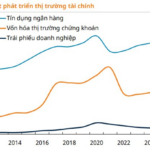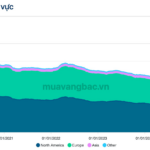Housing for All: Vietnam’s Ambitious Social Housing Goal for 2024
With a target of 130,000 social housing units set by the government for 2024, Vietnam is facing a challenging task. As of the first quarter of 2024, only 13 social housing projects have been completed, commenced, or approved for investment, offering a mere 16,008 units. Of these, just 5 projects totaling 2,016 units have been finished.
Mr. Hoang Hai, Director of the Department of Housing and Real Estate Market Management under the Ministry of Construction, acknowledges that achieving the year’s goal will require significant effort. To address this, the Ministry has proactively proposed several solutions to boost the development of social housing since the beginning of 2024.
Mr. Hai highlights that several new laws will come into effect sooner than initially planned. Currently, there is a shortage of affordable housing options for low-income earners. However, the upcoming Law on Housing 2023 is expected to address this issue by creating a substantial supply.
Additionally, a proposal for one million social housing units is being implemented across various localities nationwide. This initiative will not only increase the supply of affordable housing but also help regulate prices in the market.
Mr. Hai also points out that while there are multiple factors that can facilitate the development of social housing, more aggressive measures are necessary to achieve the set goals. For instance, under the previous Land Law, social housing was exempt from land use fees, and developers could earn a 10% profit. However, the process of obtaining this exemption involved time-consuming procedures that could take up to a year.
The new Land Law 2024 simplifies this process by allowing the exemption to be implemented immediately. Similarly, the conditions for purchasing social housing have been relaxed. Previously, there were three requirements: having no housing, earning below the personal income tax threshold, and residing in the same locality. Now, individuals can purchase social housing anywhere in the country, regardless of their place of residence. However, each person can only benefit from this policy once to ensure fairness and prevent speculation.
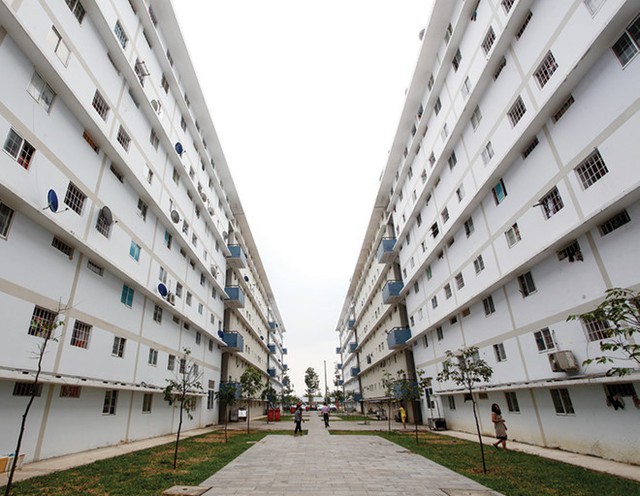
13 social housing projects completed as of the first quarter of 2024
Income requirements have also been adjusted to allow more people to qualify for social housing. Additionally, incentives for developers have been improved to encourage their participation while ensuring reasonable profit margins. These incentives are particularly important as the state relies on multiple sources of funding for social housing development, given the limited government budget.
Furthermore, recent years have seen significant investment in infrastructure development, including roads, schools, hospitals, and airports. This has improved the accessibility and connectivity of social housing projects, making them more attractive to potential buyers.
According to Mr. Hai, there is a strong determination from both central and local authorities to address this issue. Previously, there were concerns about a fear of mistakes, bureaucratic delays, and potential corruption in the administrative processes related to social housing projects. However, now, authorities are proactively engaging with businesses to discuss and resolve challenges. The Ministry of Construction is committed to providing immediate solutions within its authority and proposing legal adjustments when necessary.







